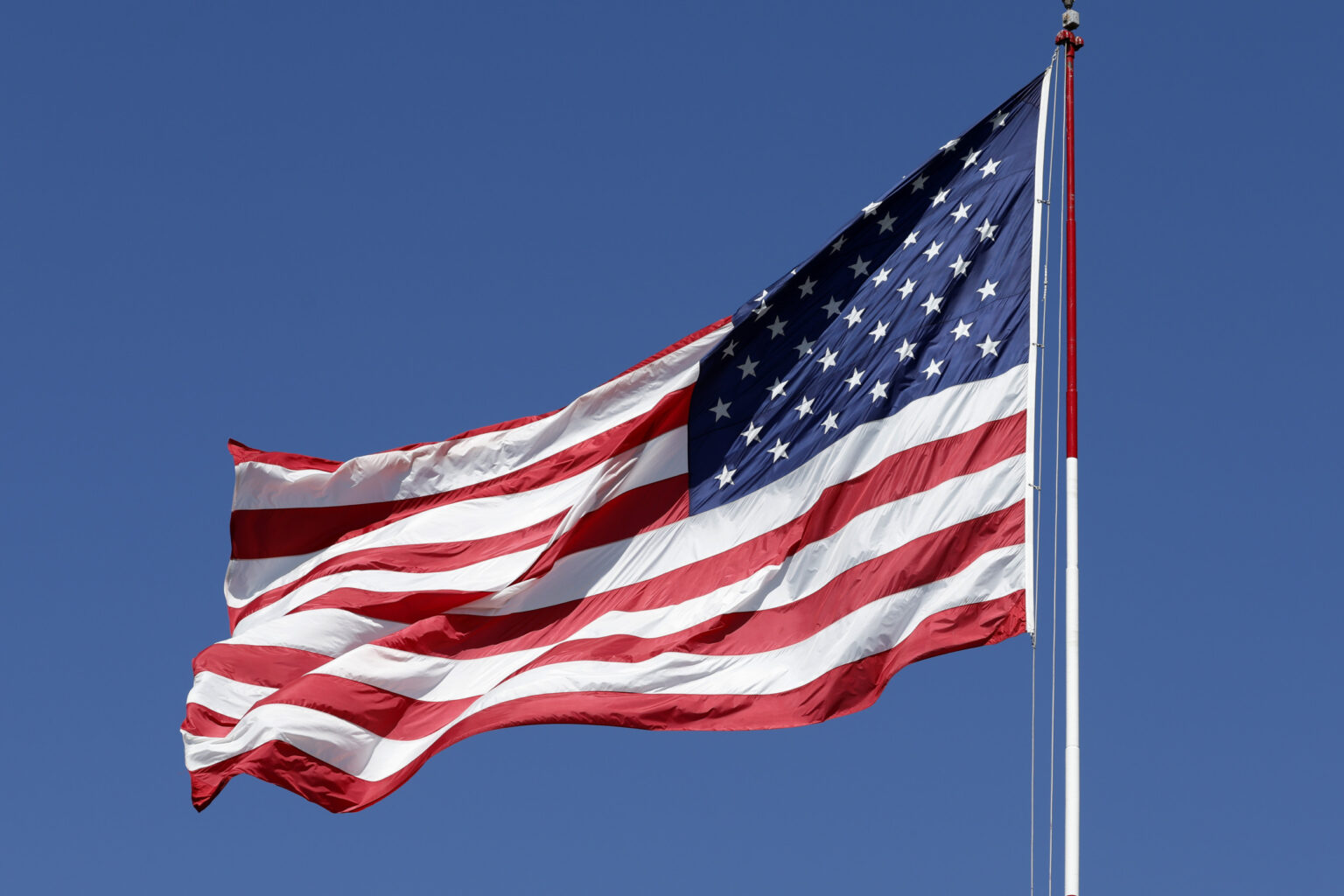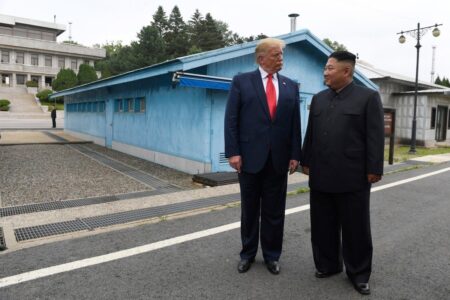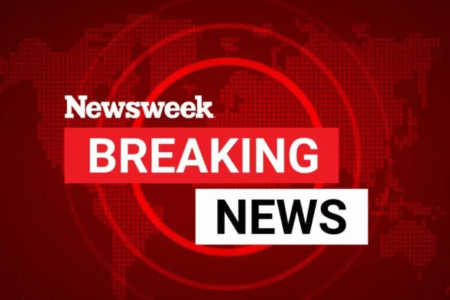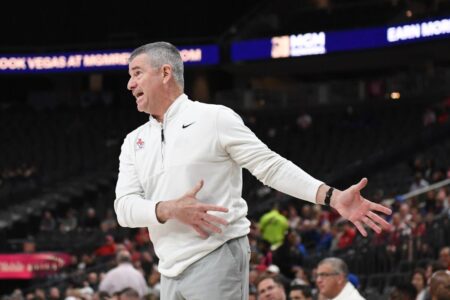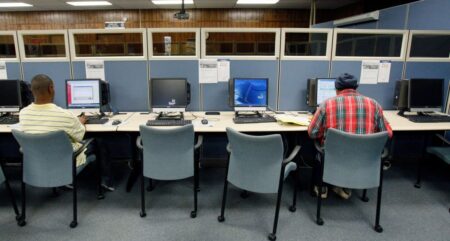While the surface might appear cynical, the undercurrent of the American story remains driven by hope.
In 1975, the Freedom Train rolled through Oakland, Calif.—about 15 miles from my home in Hayward—and changed how I thought about America.
My siblings and I were among the 7 million Americans who lined up to visit the train, which traversed the country to commemorate our nation’s bicentennial, or 200th anniversary. The train contained two centuries of Americana, including treasures like George Washington’s copy of the Constitution, Thomas Edison’s first working lightbulb, and Judy Garland’s dress from The Wizard of Oz.
I remember standing mesmerized as a moving walkway carried us through the exhibit. In my hand, I twisted a bicentennial special edition quarter between my fingers.
The train had 26 cars, but the opportunity and hope it signified felt endless.
Nearly 50 years later, I serve as the chair of the United States Semiquincentennial Commission, also known as America250, which was established by Congress to commemorate the 250th anniversary of the signing of the Declaration of Independence.
When I took the job, I found myself wondering whether the wonder and excitement about America that I felt as an 11-year-old still exists.
In the news, the story I see is disheartening, animated by disdain and distrust. Over the last two decades, angry and fearful headlines have almost doubled. It’s no wonder that so many report feeling worn out.
And yet, as I travel the country to prepare for the 250th, I’ve met people bridging divides. I’ve spoken with children who tell me America symbolizes “the promise of a brighter tomorrow” and use the word “hope” without a hint of irony.
Despite the rampant cynicism across social media platforms and airwaves, the real story of our country continues to be written by optimists.
As we set out to commemorate our history, America250 is developing programming to bring communities together around shared values and dreams for the future—and we’ve found plenty of common ground.
Service, for example, is woven into the fabric of this country. Our history has seen communities join forces to support one another after national tragedies, natural disasters, and a pandemic. In the name of those who have stepped up, America250’s upcoming public initiative, America Gives, is committed to charitable giving, volunteering, and public service.
When it comes to giving back, Americans are blessed with bottomless ingenuity—our neighbors and communities are extraordinarily generous with their time and their treasure. While household-name philanthropists often grab the headlines, the majority of donations come from everyday Americans.
Although the news describes lawmakers as struggling to see eye-to-eye, America250 boasts a 170-plus member bipartisan caucus—one of the largest in Congress and almost equally representing Democrats and Republicans. They, along with the leaders of the more than 47 state and territory commissions, are putting partisanship to the side to work toward greater change.
However, I’ve found that the newest and youngest citizens often have the clearest view of our nation’s defining qualities.
Last December, to kick off the 250th anniversary of the Boston Tea Party, I had the honor to join over 300 newly-minted Americans from more than 70 countries, all of whom believed in the opportunity this country has to offer. The naturalization ceremony for new citizens was part of America250’s America’s Stories, where people from all walks of life shared their reflections on this nation’s history.
Opportunity, not division, was the flavor of the event.
When America250 invited students to submit essays, artwork, or videos on what American means to them, we received thousands of submissions on the triumphs and tragedies of our past, and the opportunity for the future.
A seventh grader from Arizona described America as “a beacon of hope,” while a twelfth grader from New Jersey acknowledged that, “Despite its flaws and imperfections, America represents a land of progress and potential, a place where innovation thrives and voices are heard.”
The America that I see, and want in the future, is one of optimism—that our children and grandchildren believe in. It’s an optimism that doesn’t gloss over the challenges throughout our history—but learns from them.
My mother, an immigrant from Guadalajara, Mexico, embodied the optimism that defines America in the eyes of people worldwide. With no formal education, she left an abusive husband and raised nine children, sending all nine of us off to college.
I won’t claim that our country is not polarized—we are. Or that we don’t have colossal problems to solve—we do.
But, this Fourth of July, if you want to hear the story of America, I suggest turning off the TV and tuning out the shouting. Listen to Americans, especially the youngest of us, and you’ll hear a very different story.
To this day, I still carry that bicentennial quarter with me as a memento of my mother and how her journey guided me to this nation’s opportunities.
My mother died last year. She lived to see all of the recent division and rancor that can feel all-consuming. But even at the end, if I’d have asked her what defined America, she would have said one word—opportunity.
She knew, as I believe, that our story will continue to be written by optimists.
Rosie Rios is the chair of the United States Semiquincentennial Commission, also known as America250. She served as 43rd treasurer of the United States.
The views expressed in this article are the writer’s own.
Read the full article here





